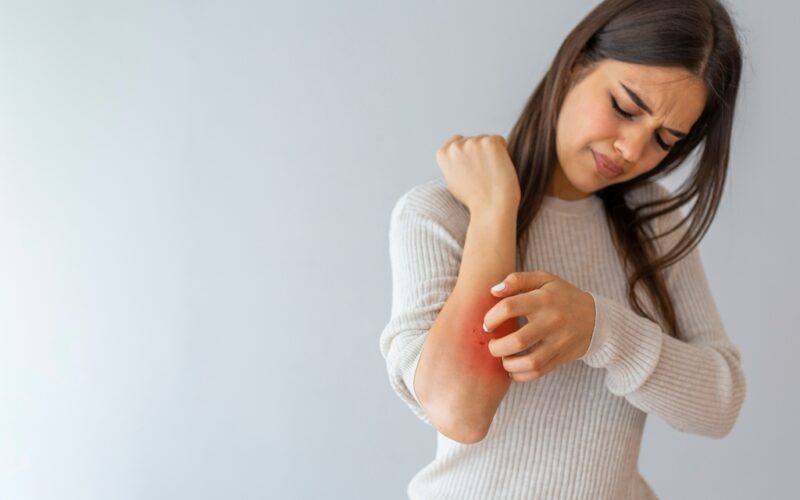Eczema is a chronic skin condition that causes the skin to become itchy, red, and dry. If one has eczema, daily activities can be hard to manage. The skin condition can be uncomfortable and embarrassing, affecting one’s quality of life. But there are things people can do to live more comfortably. Eczema can be tackled with a combination of treatments, including moisturizers and steroid creams. There are also things people can do to help prevent flare-ups. Here’s a guide to effectively managing eczema.
Know What Triggers Flare-Ups
Eczema flares up when one comes into contact with an allergen or irritant — such as dry air or certain foods. So people with eczema should try to avoid these triggers as much as possible. Those who are prone to flare-ups after being outdoors in cold weather should apply moisturizer before heading out. It’s also a good idea to wear protective clothing like gloves and scarves during cold weather months.
Moisturize Regularly
Use emollients or ointments as prescribed by the doctor or pharmacist on any inflamed areas of skin and/or on hands every day as part of the treatment plan. Some types of emollient work better than others, so ask the doctor or pharmacist which one they recommend. One may need to try different moisturizers until they find a product that works well.
Eat the Right Foods
Certain foods such as nuts, eggs, tomatoes, and wheat products can sometimes trigger eczema flare-ups. If one suspects certain foods are causing their flare-ups, they must avoid those food items.
Stay Hydrated
Drinking sufficient water will help keep the skin hydrated and prevent dehydration-related flare-ups. Drink water throughout the day instead of waiting until thirsty because by then, it may be too late.
Be Mindful of Bathing
Limit bathing time to no more than five minutes per day (or less if possible). Use a mild cleanser only if necessary. Don’t use soap or bubble baths, or any other products that may irritate the skin.
Do Not Scratch
Scratching can worsen the condition by spreading bacteria to other parts of the body. This may lead to an infection or scarring of the skin. It may also cause changes in pigmentation around the nails.









